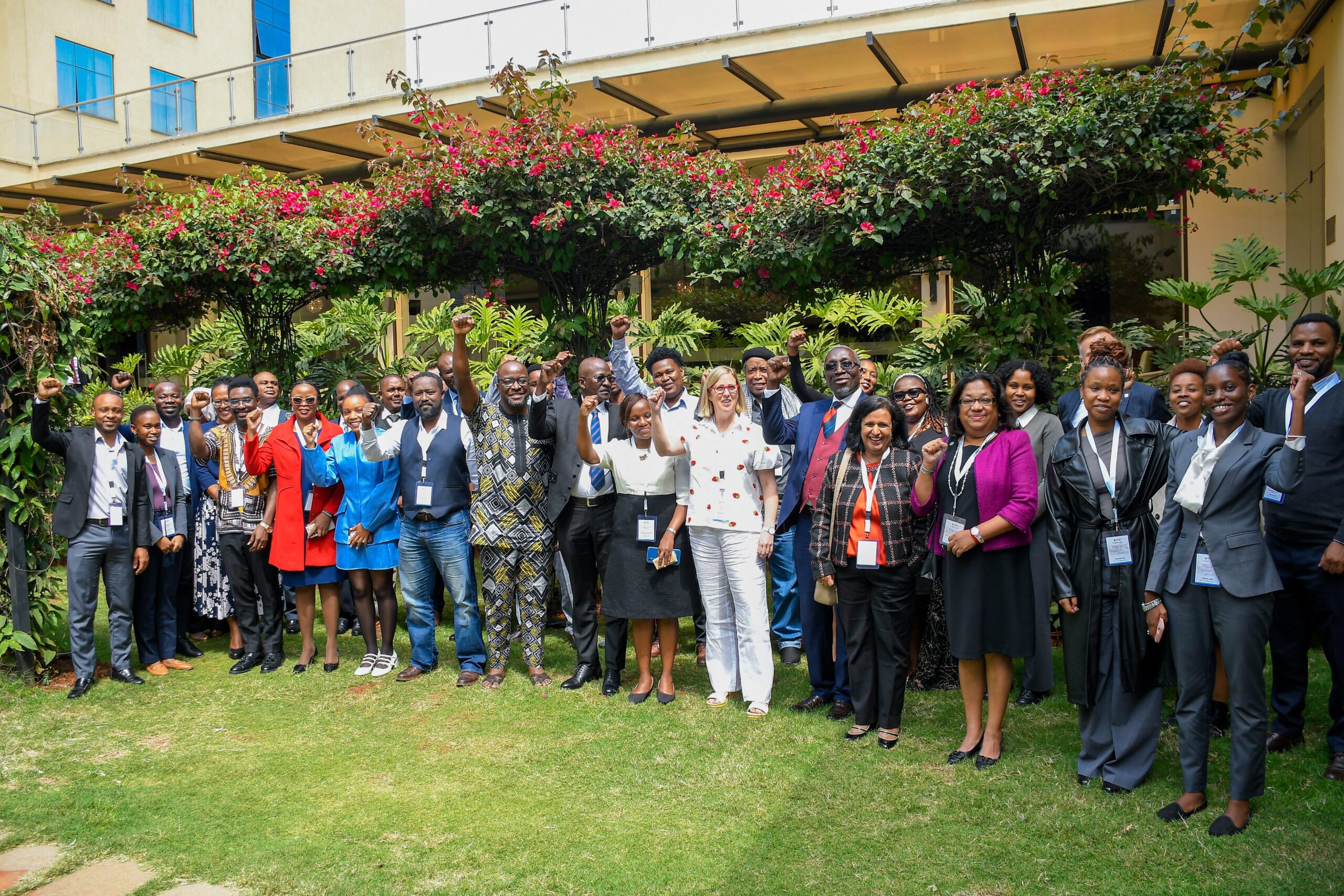NAIROBI,Kenya – ICJ Kenya joined regional and international partners in Nairobi for the African launch of the Practitioners’ Guide on a Human Rights-Based Approach to Criminal Law, a pioneering publication aimed at advancing justice for marginalized communities by challenging laws that criminalize poverty, homelessness, and social status.
Speaking at the launch, ICJ Kenya Executive Director Eric Mukoya reaffirmed the organization’s deep commitment to national, regional, and global legal reform efforts that promote dignity, justice, and human rights. He emphasized the urgency of the guide’s release amid a global resurgence of punitive legal measures targeting the poor and other vulnerable groups.
“This guide arrives at a critical moment,” Mukoya said. “It is a vital tool for legal practitioners, civil society, and policymakers to push back against criminal justice systems that punish rather than protect. We must repeal laws that entrench inequality and reinforce marginalization.”
The Practitioners’ Guide provides a practical framework for integrating human rights principles into criminal law. It offers strategies for challenging discriminatory offences such as loitering, begging, informal trading, and other petty offences that disproportionately affect those living in poverty or with marginalized identities. The guide also explores ways to reduce case backlogs, improve fairness in law enforcement, and reorient justice systems toward addressing structural causes of poverty and exclusion.
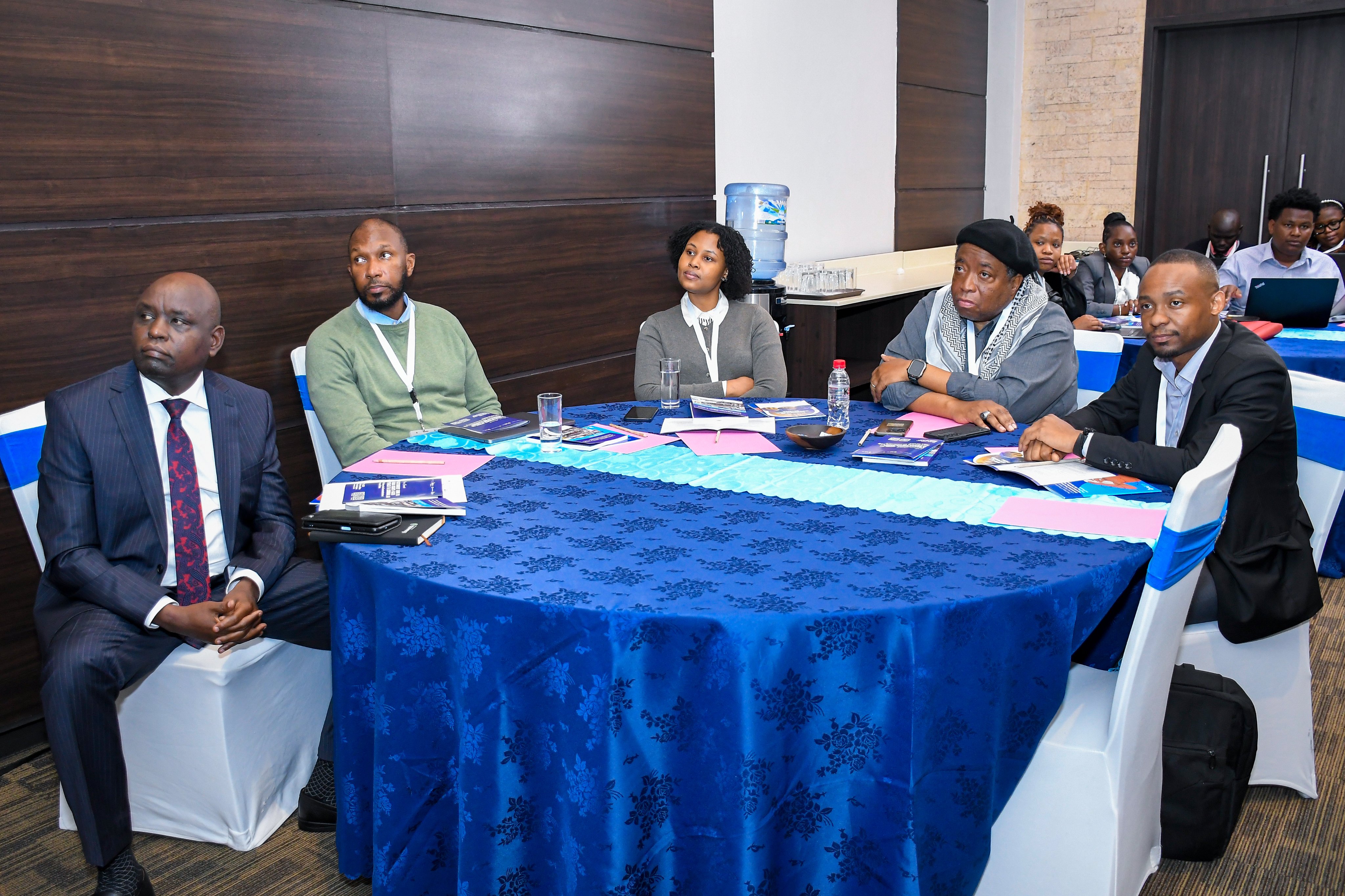
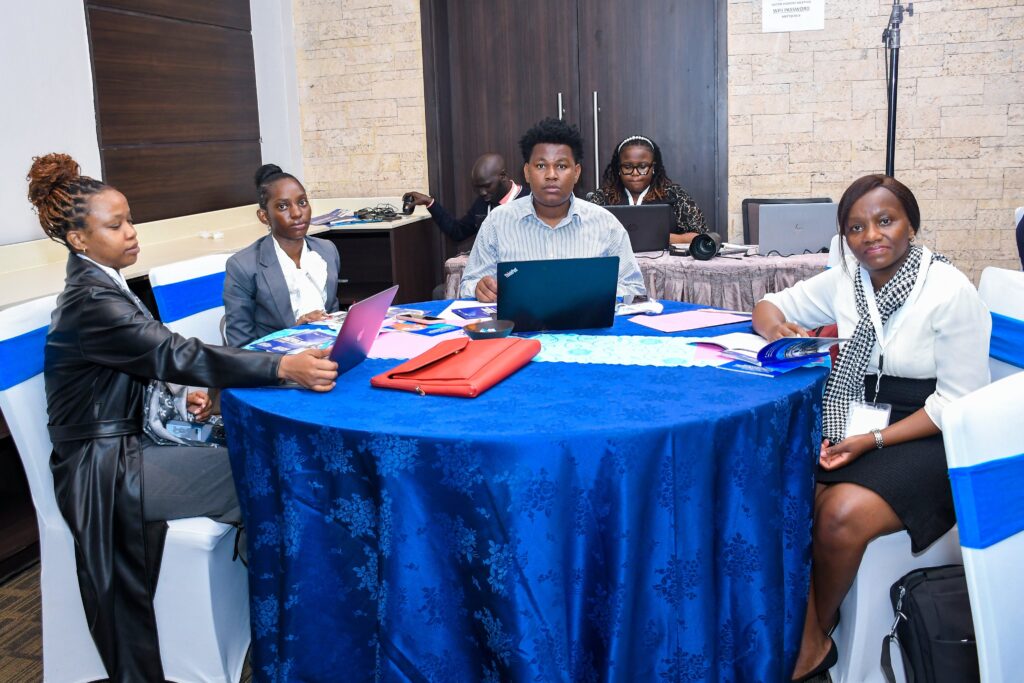
Panel discussions throughout the day examined how criminal law across Africa has historically been used to discipline the poor, often rooted in colonial-era policies that continue to shape modern legal systems. Speakers also highlighted the role of over-policing, systemic discrimination, and lack of legal safeguards in sustaining injustice.
Participants called for community-centered advocacy, legal empowerment, and urgent reforms that reflect local realities. The event underscored the importance of public education in reshaping attitudes toward poverty and pushing for rights-based alternatives to criminalization.
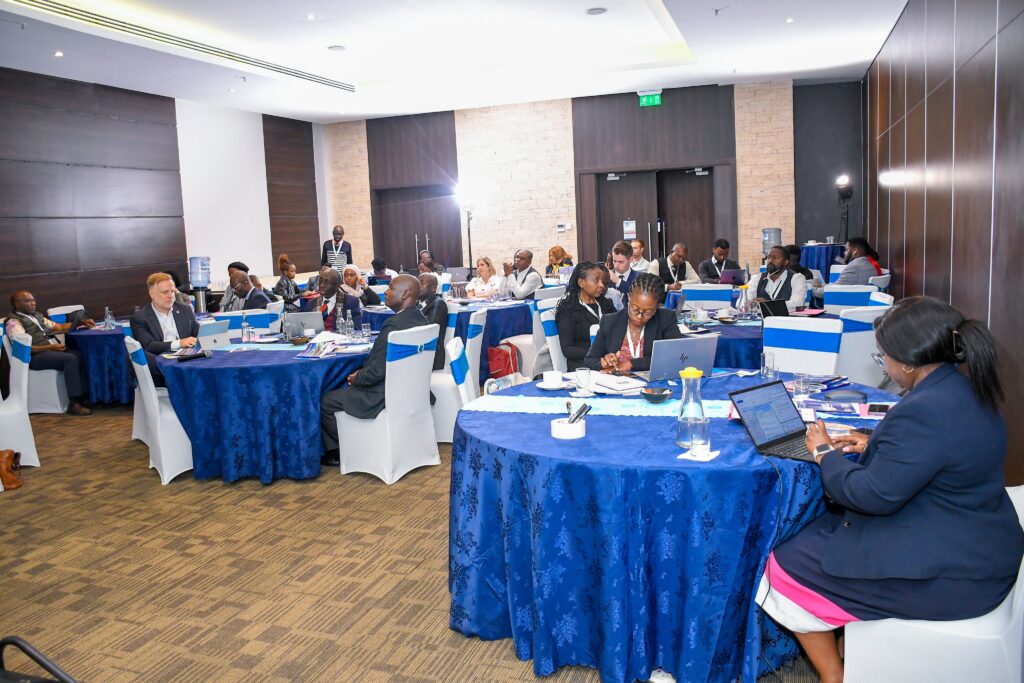
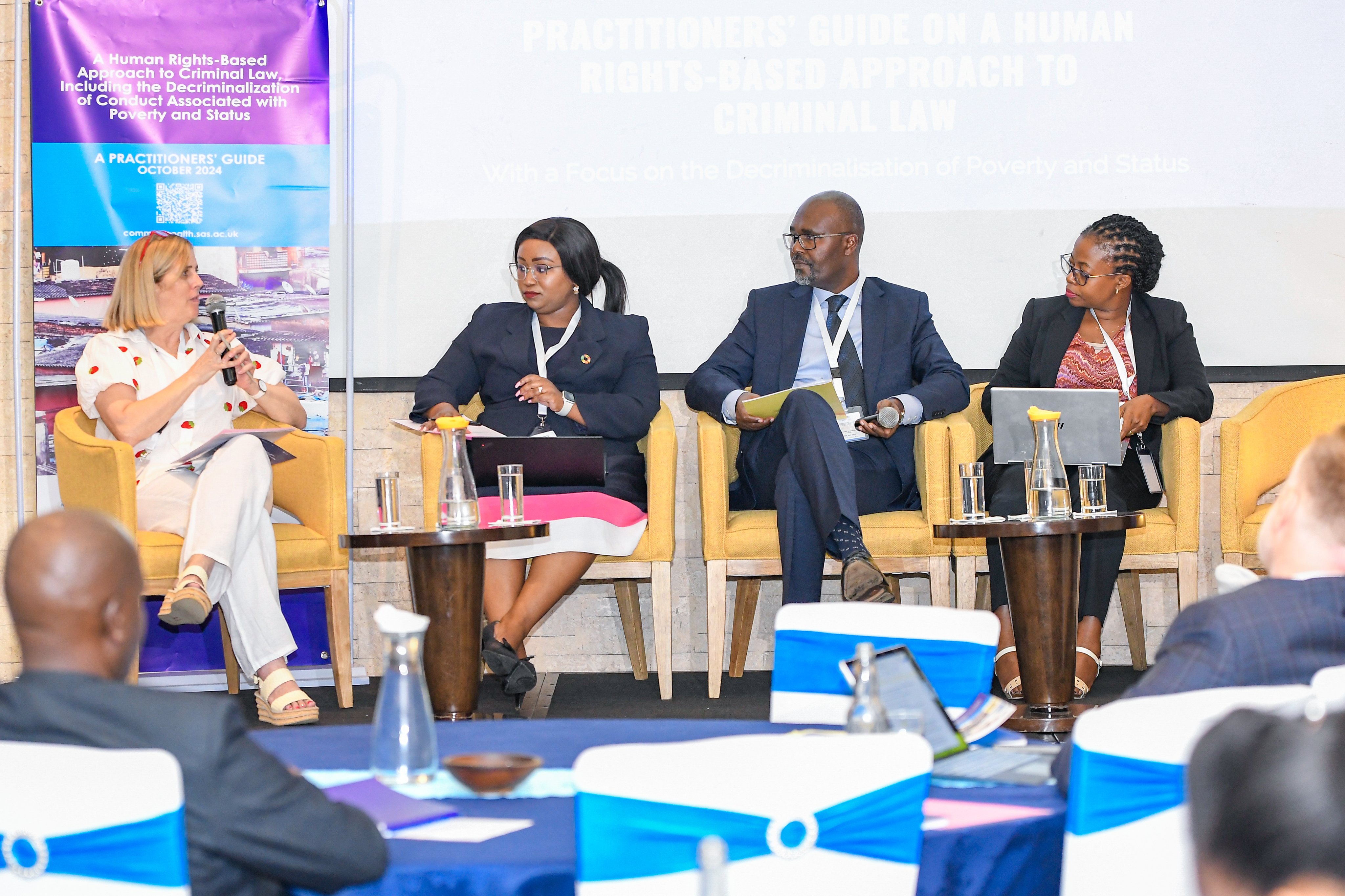
During the event, ICJ also launched its latest report, Access to Justice for Persons with Disabilities in Kenya, which assesses the current legal and institutional frameworks, progress made, and the ongoing barriers facing persons with disabilities in the justice system. The report calls for inclusive reforms and greater accountability to ensure access to justice for all.
The launch concluded with a networking session that brought together justice actors, advocates, and development partners committed to reimagining criminal law systems that uphold dignity, freedom, and equality. The event marked a significant step toward building a legal landscape across Africa that leaves no one behind.
Download
The Practitioners’ Guide “A Human Rights-Based Approach to Criminal Law, Including the Decriminalization of Conduct Associated with Poverty and Status” is available here.





